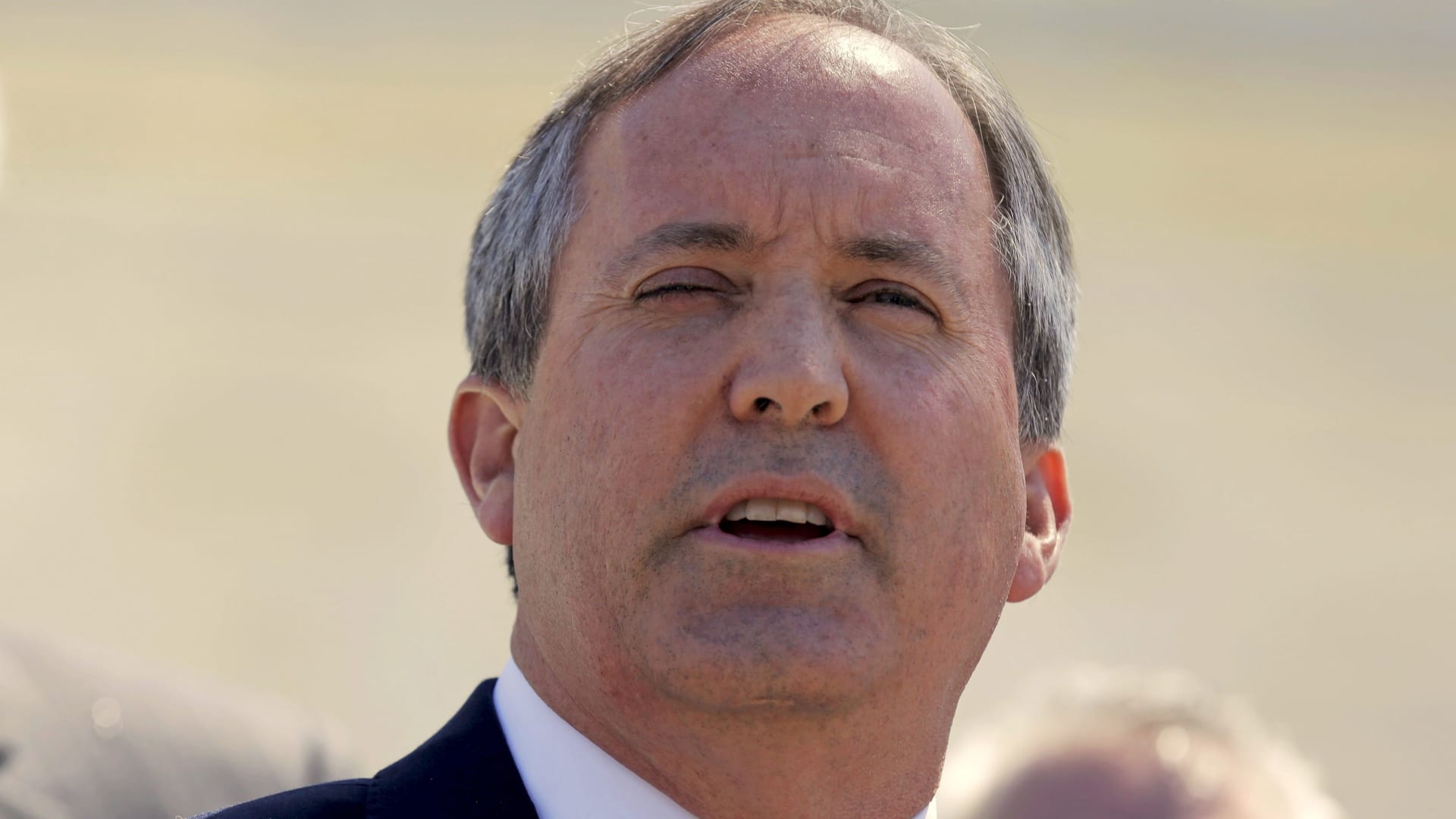That is absolutely true, but a better question is will they.
It is not hard to find a pool of qualified candidates for these cabinet jobs, and other appointed positions, of every sex and race. When it came to picking someone for the US Supreme Court, Trump said from the get go he was going to pick a woman. He picked a highly qualified woman in Amy Comey Barrett, and there can be no legitimate dispute on her credentials. She was actually IMHO far more qualified than the last male he picked, Brett Kavanagh, and also had none of his baggage.
Getting into a pissing match about appointing the "most qualified candidate", with no consideration of any other criteria, presumes that the MOST qualified person will also be the best Secretary of State, the best HUD Secretary, the best Ambassador to the UN, or the best Treasury Secretary. But that is not really how things in the real world work. If that logic is applied then a law firm would hire only Harvard Law graduates or only guys who were on the Law Review of their law school. But then the same law firm booby traps itself when Kanye West, seeking legal representation, goes on the website and sees only white guys who graduated Harvard, and then quickly says to himself "next!!!" and drops a $500,000 retainer on a more diversified law firm. I got news for some of you guys, money is not white, yellow, black or brown, it comes in one color, green, and sometimes who gets it is made based on decisions like that. I personally have seen it happen. And money is not only in the hands of rich older white men any more.
Apart from that, however, the men and women who look best on paper are not always the best working at a tough job in the real world. I have been in business almost 30 years and saw many absolute stud candidates absolutely fail as attorneys, either because they did not have people skills, did not enjoy or get a rush from the work that others do, or in some cases intensely disliked the work. And sometimes it is the nature of the work because there are so many different areas of practice. One thing I noticed is that at very fast paced firms where the work and file turnover is brisk (meaning cases coming in and being billed out all the time), the employee turnover is also brisk, both on attorneys and support staff. Sometimes people like to work at a certain pace and it is not good enough, even though their credentials suggested a hard worker who could do things on the fly.
Bill Clinton appointed Vince Foster, a senior partner at the Rose Law Firm, White House Counsel. But with less than 7 months on the job, Vince discovered he hated political life in Washington, spiraled into a depression, and shot himself in the head:

en.wikipedia.org
Vince was a laid back Arkansas attorney who graduated 1st in his class at U of Arkansas Law School and got the highest score on the Arkansas bar when he took it. He then worked as a corporate lawyer for 20 plus years very successfully. He would have appeared to be a qualified candidate to act as White House Counsel- a President after all needs someone he knows and trusts, and undoubtedly the Clintons trusted Vince. But Vince did not have their same aptitude, temperament and desire for political life. He wilted in it. The result was suicidal depression.
The point is that for these jobs we will presumably have many qualified candidates of many races and colors, but you pick the candidates who not only are qualified, but who you also think can handle and do the job and act in a reasonably loyal manner with respect to the President's agenda. Trump fired scores of appointees because they did not meet his very high criteria for loyalty which seemed to be nothing short of an automaton/yes man/puppet wrapped all in one body. You are never gonna get that 100%, which is why I said "reasonably loyal." It's OK to have subordinates who disagree with and challenge you. When I meet with my partners we often disagree, but we try to work towards a consensus on any issue put up for decision and respect the voices of others. That is also what the President is supposed to do with his or her Cabinet. The President should want people who can generally follow his agenda, but not be afraid to privately disagree with him on things and give the President feedback on those issues.









